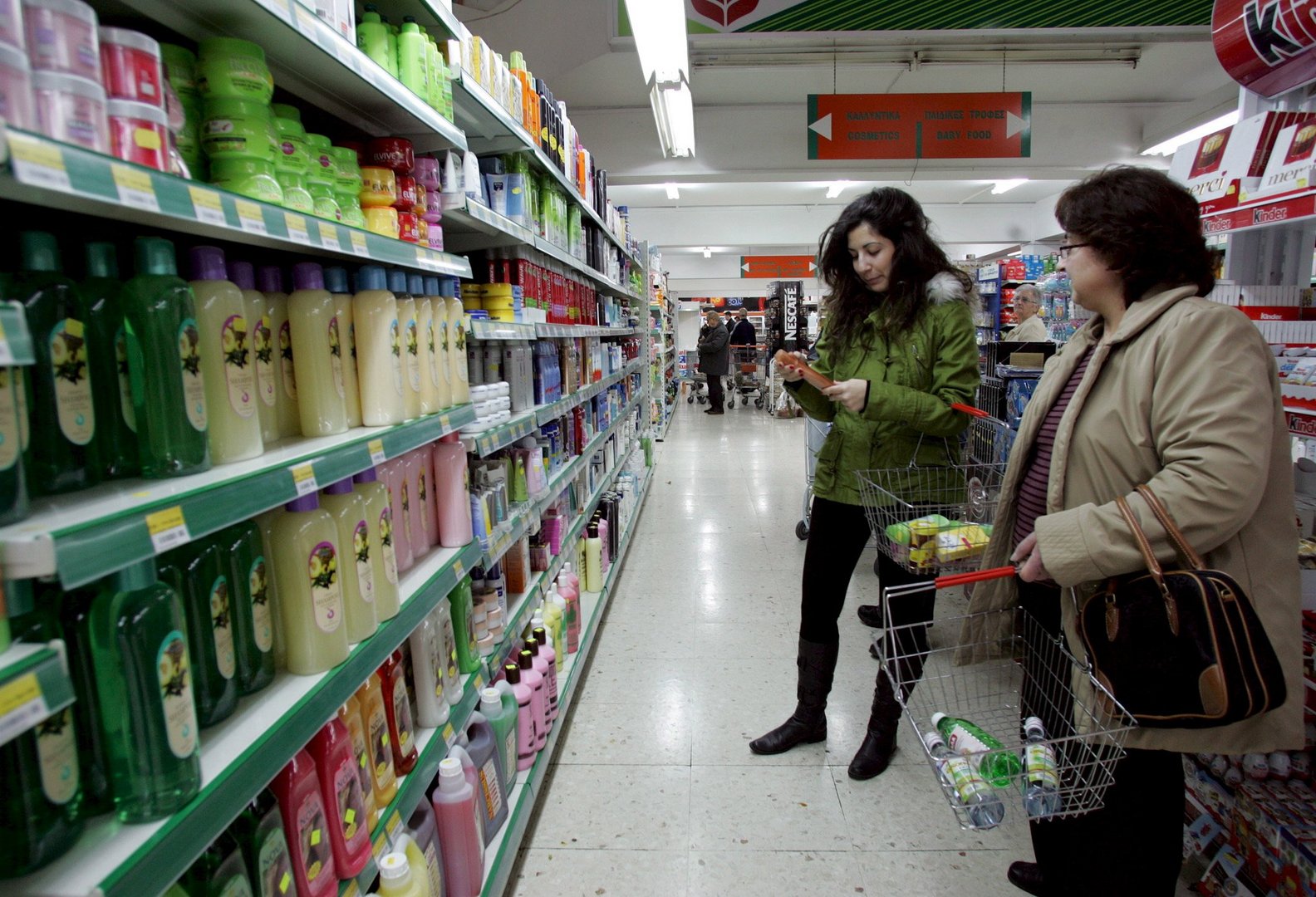Economists have come out in support of the recently agreed upon minimum wage, saying that this will benefit both low-paid workers, as well as the economy. Businesses on the other hand have expressed concern, saying that the minimum wage has been set too high.
Economist Marios Christou told the Cyprus News Agency (CNA) that the introduction of the minimum had to be done, although he acknowledged that both trade unions and businesses had made valid points during the preceding debate.
“In a way, what has been decided is fair,” Christou said, while also noting that the minimum wage could have been set at an even higher amount.
He said that this will put pressure on businesses with low-paid workers to raise the wage bill upwards.
He also said that this development “also puts pressure on low-paid workers, who will see some wage stagnation, as businesses will claim that this is the level of salary they now have to pay”.
Christou stated that he considers the minimum wage that has been decided to be more or less close to the average minimum wage of other European countries, in the context of the average wage in Cyprus.
“The minimum wage is something that will benefit the very low paid and will ensure that they have a better standard of living, however, it comes at a time when there is high inflation, which is not about increasing demand but about an increase in the cost of producing either services or goods, such as the cost of energy,” he said.
“So the business bears that cost and will now bear the burden of paying those who were lower paid the minimum wage,” he added.
Christou also expressed caution about the enforcement of the minimum wage, since businesses may seek ways to circumvent it.
This could be done by paying by the hour, instead of hiring a full-time employee, as well as by employing the worker as an external service provider.
“Rather than company employing the worker, they may present it as them buying services from them, and in such instances, all the costs of employer and employee contributions are borne by the employee, as the company does not hire you as its employee but as a subcontractor,” Christou said.
Christou urged trade and labour unions to monitor such practices so that any distortions and wrongdoings are avoided.
What is more, economist Marios Clerides said that he finds it peculiar that the minimum wage is being viewed as a microeconomic issue, rather than a macroeconomic one.
“Those who benefit from the minimum wage will be able to spend more money, something that will have a positive impact on economic activity,” Clerides said.
“It is not only a matter of profit redistribution in companies that pay low wages or that the company will endanger its profitability or its competitiveness, it’s also about the economy, which will also benefit from an additional injection of purchasing power amongst the low-paid,” he added.
Clerides stated that the minimum wage must not be feared and cited international studies that show that its purported negative ramifications are limited on a macroeconomic level.
Meanwhile, the Employers and Industrialists Federation (Oev) this week said that the introduction of the minimum wage has caused concern among businesses.
“€940 corresponds to exactly 60 per cent of the National Median Wage, which may have collateral negative consequences for individual businesses but also for the competitiveness of the economy as a whole, especially given the global geopolitical and economic instability,” the federation said in a statement.
The statement goes on to say that international organisations that specialise in this field recommend that the minimum wage be introduced at rates lower than 60 per cent of the National Median Wage, followed by a gradual increase, so that the affected companies can absorb the shocks and adapt without negative side effects.
“Despite the above reservations, we are where we are at the moment, and the federation will proceed with an informational campaign so that Cypriot businesses can transition to the new state of affairs in the smoothest way possible,” the federation concluded.







Click here to change your cookie preferences